Anti-Racist Teachers: Disrupting Resegregation [Overrepresentation] in Special Education
Diverse: Issues in Higher Education
SEPTEMBER 17, 2024
Editor's Note: With the exception of the last section about an Anti-Racist, Culturally Competent Special Education Model, the content in this article comes from a recently accepted journal manuscript. This manuscript will be available online soon. Please use the following citation to view the full text: Bell, N.S., Collier, Z., Vélez, V., &



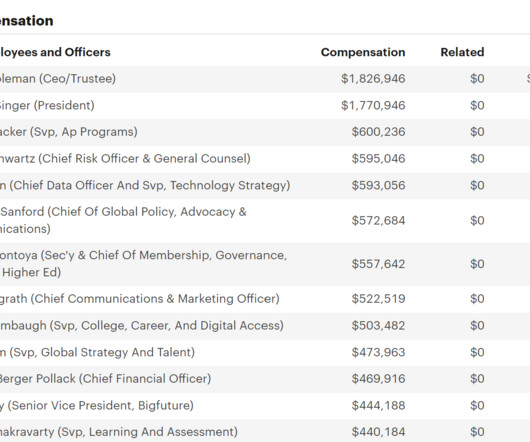
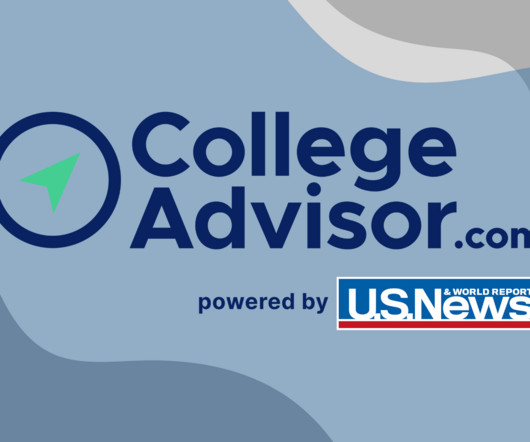

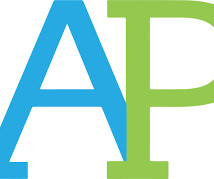




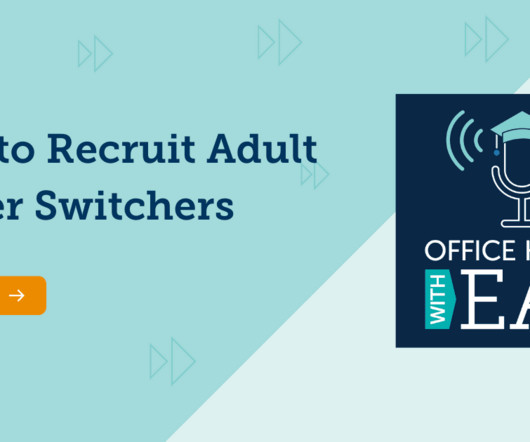

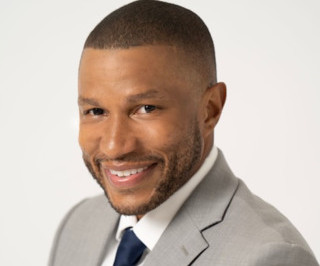







Let's personalize your content